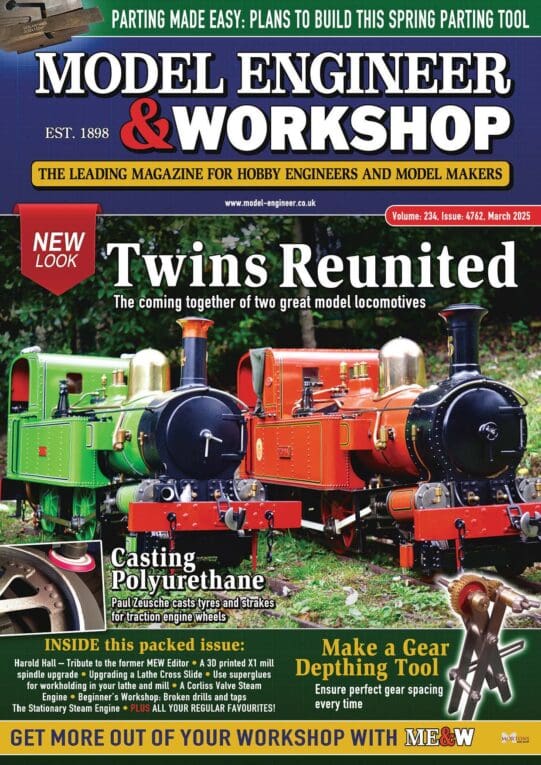Hi Chaps,
I’m becoming quite impressed that since its inception, this thread has already reached 39 postings. Doesn’t this indicate that we have so much more to tell?
Under my bushel, there exists a story or two. Some of which confirm what has already been said by others in this thread, especially by Andrew and Peter. In particular, the questionable assessment methods employed to grade us as we headed into adulthood.
In their judgment, and I can gloat now Andrew, my wonderful parents bought and allowed me to read the Beano, and the Dandy, and the Hotspur, and the Rover. Had I not been exposed to Desperate Dan and Alf Tupper, then I feel sure that I would have remained totally illiterate.
Doing things properly appears to have become a prominent aim for me too, although I was never aware at what stage this happened. For example, I failed the Eleven Plus quite nicely and was sent to the local Sec. Mod., where I got 9% for history, and about the same for religious instruction. My English results were abysmally low, while maths (or was it arithmetic?) was being taught by a chap who read to us from Fu Manchu comics hidden inside a text book. This latter act was for his own protection not ours, just in case the headmaster appeared suddenly from nowhere.
In an apprentice’s assessment meeting the toolroom foreman, looking straight at me, declared to all present that – “You will never be a toolmaker!”. Supposedly, it mattered little to him that I had joined the company with the strong desire to become a draughtsman.
Perhaps I wasn’t prepared to listen either Andrew, because, having moved on to fresh fields (putting in about 15 years of part-time study along the way), I was soon to be promoted to `Scientist’, in a laboratory full of university graduates. Between the 70’s and 90’s, apart from half building a skeleton clock, developing a medical infusion pump and several other gadgets, much of my spare time was spent lecturing to mature-age students at the local technical college. For some forty years, and while operating my own consultancy, report-writing was high on the list of tasks. I reckon my English ain’t too bad.
And, as for the Eleven Plus, I eventually qualified in two institutes, reaching the status of Fellow in both.
Yes Andrew, there’s a lot of ego-driven diddly squat.
“Keep um cumin, lads!”
Sam
Sub Mandrel.






